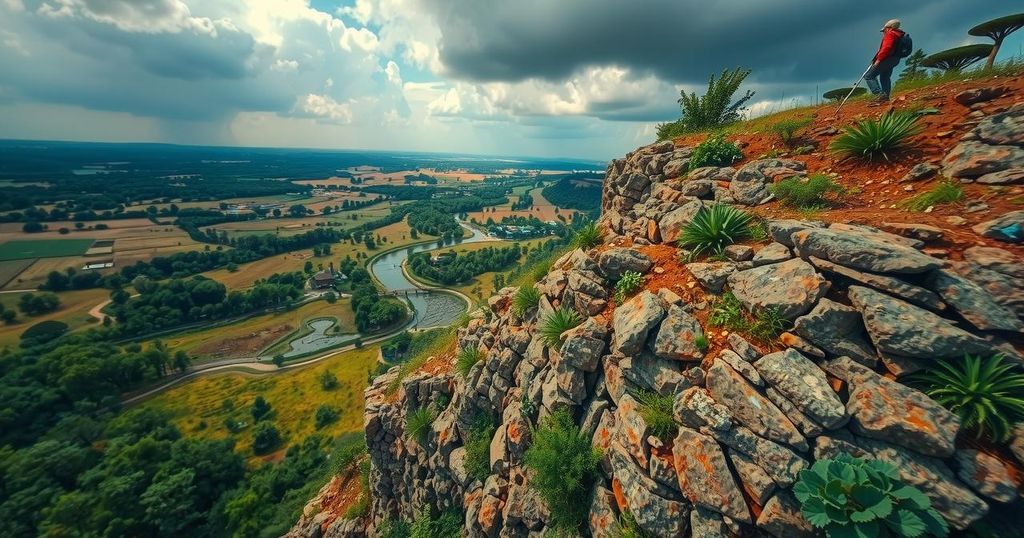Russia-Zimbabwe Expedition Enhances Geological Understanding and Research
The inaugural geological mission between Russia and Zimbabwe successfully explored the Magondi belt, yielding significant rock and paleontological samples. The initiative established two environmental monitoring stations, enhancing climate and ecosystem research, highlighting bilateral scientific cooperation.
A collaborative geological expedition between Russia and Zimbabwe has taken place, marking an important milestone in scientific cooperation. Experts and students from the University of Zimbabwe teamed up with their counterparts from the Russian State University for Geological Prospecting to explore the Magondi belt in northwest Zimbabwe. This area, known for its rich geological resources, became the focus of their study as they collected rock samples and made notable paleontological discoveries. Furthermore, the collaboration led to the establishment of two environmental monitoring stations, ECOGEOSCAN 1 and 2, situated at the University of Zimbabwe. These stations will significantly enhance research efforts concerning the region’s ecosystems and climate patterns, ultimately contributing to a deeper understanding of the evolution of the earth’s crust in Africa.
The Russia-Zimbabwe expedition is a significant endeavor, illustrating the growing partnership between the two nations in scientific research. The Magondi belt, rich in geological history, provides an unprecedented opportunity for exploration and study. Establishing environmental monitoring stations represents a proactive approach to safeguarding ecological integrity while advancing knowledge in geology and paleontology. Such collaborations are vital in addressing global environmental challenges, particularly in understanding climate variations and their impacts on local ecosystems.
In conclusion, the successful completion of the geological expedition between Russia and Zimbabwe reinforces the importance of international collaboration in scientific research. The establishment of environmental monitoring stations will not only facilitate ongoing studies into the region’s climate and ecosystems but will also cement the relationship between both countries, paving the way for future joint endeavors.
Original Source: iafrica.com




Post Comment